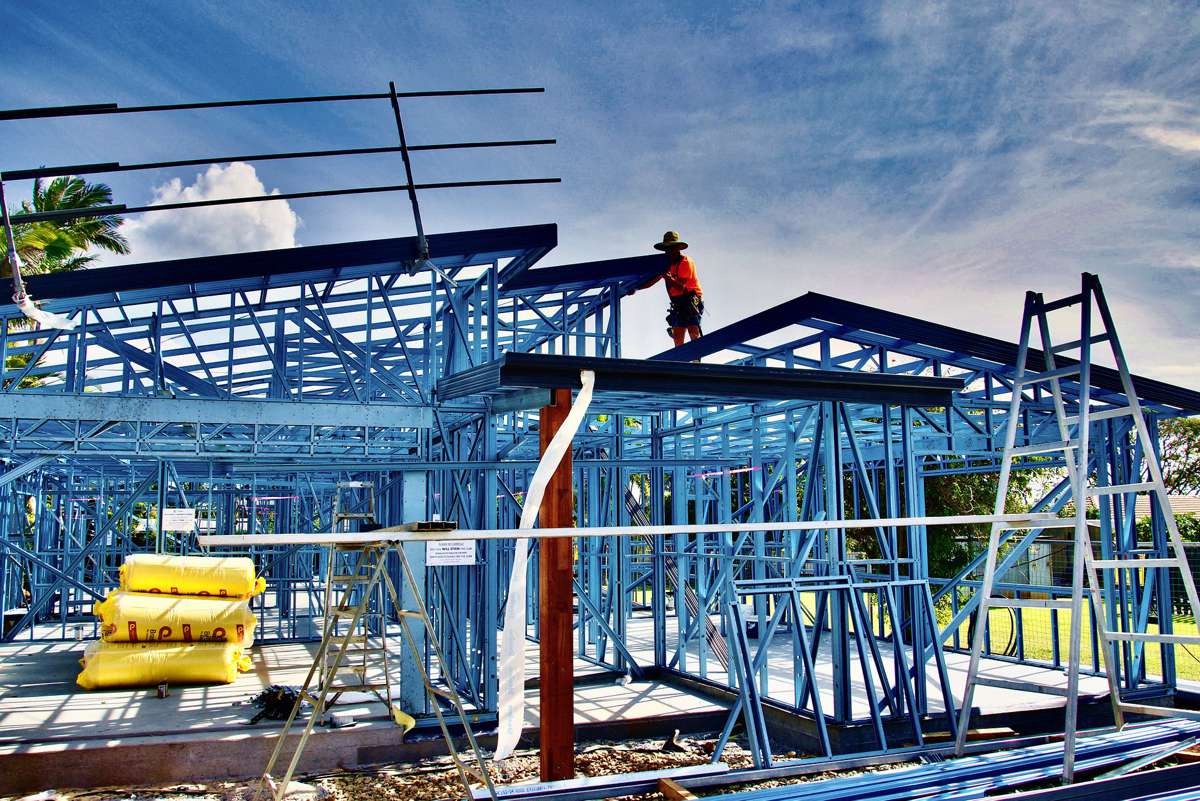Steps to become a Construction Subcontractor
One of the most profitable niches for small business owners, even amid a recession, is subcontracting. But how can entrepreneurs and hard-working adults get started without having to mortgage their homes? Fortunately, there are several steps that can help anyone maximize their chance of success.
It’s essential to do things in a logical order, especially in an industry where competition can be stiff, and it can take between six months and a year to snag that first client. For almost every future subcontractor, that very first decision focuses on selecting a niche, an area in which they have an edge. After that, it’s time to make a rough start-up budget and borrow the right amount of capital.
Local market research is the next critical move because demand for services varies widely from city to city and region to region. Before launching an initial advertising campaign, remember to consult with a lawyer who specializes in the construction industry.
Shop carefully for equipment after that and spend a fixed amount of time each day actively bidding on jobs. For ongoing profitability, remember to meet every deadline and deliver work of exceptional quality to build a solid reputation as a newcomer. Here’s the step-by-step formula for beginning a career as a construction subcontracting professional.

Choose a Niche
Based on your skills, personal preferences, whom you can hire, what the local market needs, and other considerations, choose a niche within the subcontracting field. Most prospective entrepreneurs have an idea before they even begin, whether it’s drywall, painting, electrical, plumbing, or something else.
Knowing the general direction of your work is a necessary step because it sets the tone for the amount of capital you’ll need, what kind of equipment to buy, how advertising campaigns will be structured, and more.

Borrow Enough to Cover Early Expenses
The most efficient, financially responsible way to open the doors of a new company is to borrow the right amount of capital well in advance of placing any bids or conducting advertising campaigns. Luckily, entrepreneurial subs can take out small business loans of the right size and fill out online applications in a matter of minutes. When deciding how much to borrow, keep in mind that a sub’s main expenses include equipment, supplies, and payroll.
If you already own the primary supplies or equipment, or if payroll is not an issue, then the amount might be quite low. But for the majority of first-time owners, just one or two pieces of equipment or a single batch of supplies can mean the need to borrow more. Keep in mind that some general contractors will not reimburse project expenses until the end of the contract period. That means you could face the need for a substantial amount of capital upfront.

Research the Local Market
Study your local construction market carefully. See what kinds of projects currently underway, and which ones are just getting started. Delve into both the commercial and residential fields to get a clear picture of what the most lucrative areas are.
Ask pertinent questions to yourself as you conduct this investigation phase, like “how many sites are active right now?”, “are most of the ongoing project’s ground-up or rebuilds?”, “who are the leading general contractors in my area?” etc.

Get Equipment and Legal Advice
It’s critical to have all the necessary equipment before bidding on jobs or launching ad campaigns. Make a few cold calls to local contractors to get a feel for what you’ll need, how many projects are coming up, and how their bidding processes work.
Speak with a lawyer who has experience with subcontracting and make sure your bids conform to proposal requirements and state law.

Bid on Jobs
Those first few bids can be scary but do enough research to know what a reasonable price range is for the work you propose to do. Be precise when estimating your own expenses, the amount of time for the tasks, and the after-tax profit margin.
Bid on several projects at a time but be careful to stop bidding when you seal a deal with a contractor.

Over Deliver to Build a Solid Reputation
For new entrants in the construction sub-services industry, it’s imperative to over deliver on the first few jobs. If that means taking a small hit on a job’s potential profit, so be it. The goal is to stand out from other providers and gain a following among the larger construction firms.
In competitive fields, the value of a great reputation cannot be overstated. How can a small start-up deliver more than is expected? A few common techniques include showing up early and staying a few minutes late on every scheduled assignment.
On jobs that are measured by milestones, use extra workers or put in additional hours to achieve every benchmark at least one day early. In interactions with project managers, be unfailingly polite, communicate clearly, and let them know you’re ahead of schedule.





























